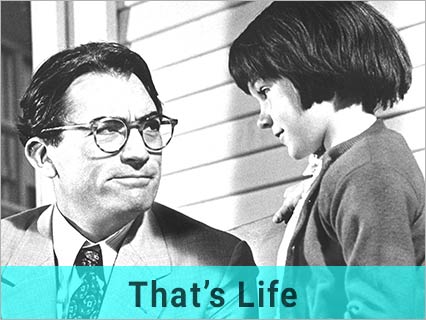What are we waiting for?
27 Jul 2024
Dear LPG
There are many lost arts, and one is the art of waiting. Younger people seem to find waiting for anything a trial these days, and I don’t just mean primary school-aged children, either. We expect them to be excited until school gets in the way and complicates their little lives.
It is accepted that one skill anyone approaching adulthood needs is the ability to shop without leaving home. Ordering something online is one action that nearly all the kids in my family have no problem with, while our older bodies have little or no appreciation of the skill. But then there was Coronavirus, and we all were forced to learn more. I have limited experience with the activity, but having observed so many of the younger members of my own family when they buy something online one aspect, for them, I have observed the way that the young react, which perhaps is the challenge once they have pressed the #confirm payment button.
When talking on the phone with both of my sons, there is often something one of them ordered yesterday and is expecting today. I am catching up with them these days, but when I have received something I have ordered, all that anticipation often ends in disappointment once the item has arrived.
For the young, I suspect that waiting is all about timesaving, although I think that we seemed to have had a lot more of it when I was a worker, in spite of all the time—and labour-saving tasks that computers can do for us today.
I remember when my mother had to go to the electricity and gas board shops to pay the utility bills, walk to the shops nearly every day because there were no fridges or freezers, and spend large chunks of the weekend washing and ironing. And I am not talking about tossing the clothes into the front loader and doing something else while the machine does its thing before folding or hanging all the non-iron fabrics once the drier or line has done the rest of the work.
It is as if once the kids leave school, they have no time for anything that does not manifest immediately, and their mobile phones fill in any time gaps where they are forced to wait. The other day, I made an early trip to the hospital, which involved the train and a bus, and nearly all the people around me who were travelling alone were far too busy to look out the window. Everyone is head-down with eyes focused on some game, email, or film if they are not texting or talking to someone.
Perhaps we older people are among the few categories of people who have learned to respect time a little more, or possibly, when we find ourselves with a little on our hands, we take 40 winks.
This has to be another reminder of how times have changed and continue to change as older people get left behind.
VP, Ladywell







